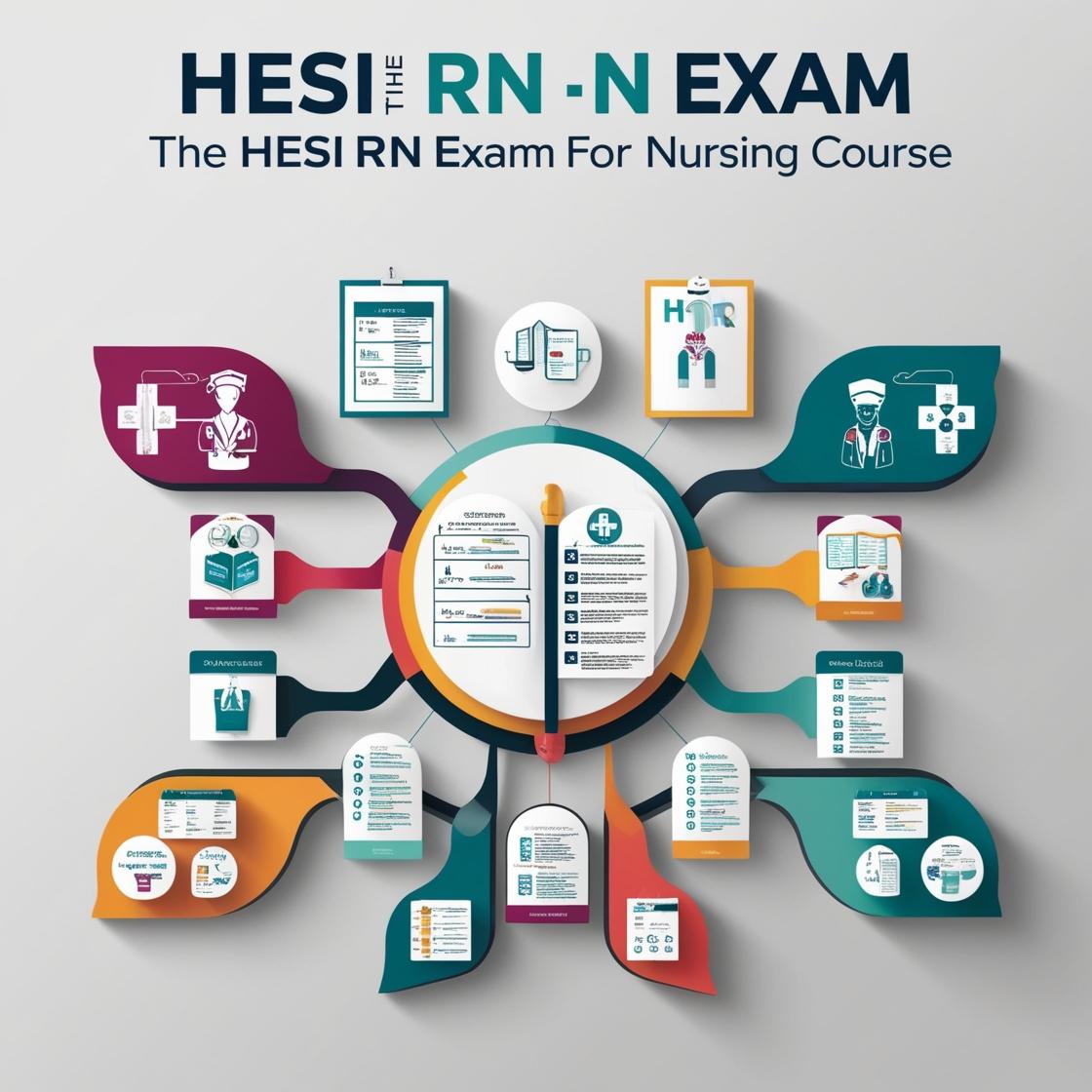HESI RN
Nutrition HESI Practice Exam
1. A healthcare professional is assisting with the development of an education program about nutritional risk among adolescents to a group of parents of adolescents. Which of the following information should the healthcare professional include in the teaching? (Select all that apply).
- A. Skipping more than three meals per week
- B. Eating fast food once a week
- C. Hearty appetite
- D. Drink whole milk to ensure adequate calcium intake.
Correct answer: A
Rationale: Skipping more than three meals per week is an indicator of poor nutritional habits in adolescents. This can lead to inadequate nutrient intake and negatively impact growth and development. Choices B, C, and D are not directly associated with poor nutritional habits among adolescents. Eating fast food once a week may not necessarily indicate poor nutrition if the overall diet is balanced. Having a hearty appetite does not provide specific information about nutritional risk, as appetite can vary among individuals. While whole milk can be a source of calcium, it is not necessary to drink whole milk specifically to ensure adequate calcium intake, as there are other sources of calcium available.
2. A nurse is reinforcing discharge teaching with a client who has acute pancreatitis and a prescription for fat-soluble vitamin supplements. Which of the following supplements should the nurse include in the teaching?
- A. Vitamin A
- B. Vitamin B1
- C. Vitamin C
- D. Vitamin B12
Correct answer: A
Rationale: The correct answer is Vitamin A. Fat-soluble vitamins essential for patients with pancreatitis include A, D, E, and K, aiding in proper nutrient absorption. Vitamin B1 (Choice B), also known as thiamine, is a water-soluble vitamin and not a fat-soluble one. Vitamin C (Choice C) is another water-soluble vitamin and not a fat-soluble one. Vitamin B12 (Choice D) is also a water-soluble vitamin and not one of the fat-soluble vitamins crucial for patients with pancreatitis.
3. A nurse is reinforcing teaching with a client who has constipation about a high-fiber diet. Which of the following foods should be included as sources of fiber? Select one that doesn't apply.
- A. Kidney beans
- B. Strawberries
- C. Peanut butter
- D. Whole wheat bread
Correct answer: C
Rationale: The correct answer is C, Peanut butter. While kidney beans, strawberries, and whole wheat bread are high-fiber foods that help alleviate constipation, peanut butter is not a significant source of fiber. Peanut butter is more known for its protein and healthy fats content rather than being a good source of dietary fiber. Therefore, it should not be included as a primary recommendation for a high-fiber diet in the context of addressing constipation.
4. A nurse is reinforcing teaching about foods that enhance iron absorption when consumed with nonheme iron with a client who has iron deficiency anemia. Which of the following foods should the nurse include in the teaching?
- A. Tomato juice
- B. Tea
- C. Milk
- D. Dried beans
Correct answer: A
Rationale: The correct answer is A, Tomato juice. Tomato juice is high in vitamin C, which enhances the absorption of nonheme iron from foods. Vitamin C helps convert nonheme iron to a form that is easier for the body to absorb. Tea (choice B) contains tannins that can inhibit iron absorption. Milk (choice C) contains calcium, which can interfere with iron absorption. Dried beans (choice D) are a good source of nonheme iron but do not enhance iron absorption when consumed with nonheme iron.
5. A client underwent coronary artery bypass grafting and is learning about following a low-cholesterol diet. Which of the following food choices indicates the client's understanding of these dietary instructions?
- A. Liver
- B. Milk
- C. Beans
- D. Eggs
Correct answer: C
Rationale: The correct answer is C: Beans. Beans are an excellent choice for individuals following a low-cholesterol diet post-coronary artery bypass grafting due to their low cholesterol content. Beans are high in fiber and protein, making them a heart-healthy option. Choice A, Liver, is high in cholesterol and should be avoided in a low-cholesterol diet. Choice B, Milk, contains cholesterol and saturated fats, which are not ideal for this diet. Choice D, Eggs, are also high in cholesterol and should be limited in a low-cholesterol diet.

Access More Features
HESI RN Basic
$69.99/ 30 days
- 50,000 Questions with answers
- All HESI courses Coverage
- 30 days access
HESI RN Premium
$149.99/ 90 days
- 50,000 Questions with answers
- All HESI courses Coverage
- 90 days access
